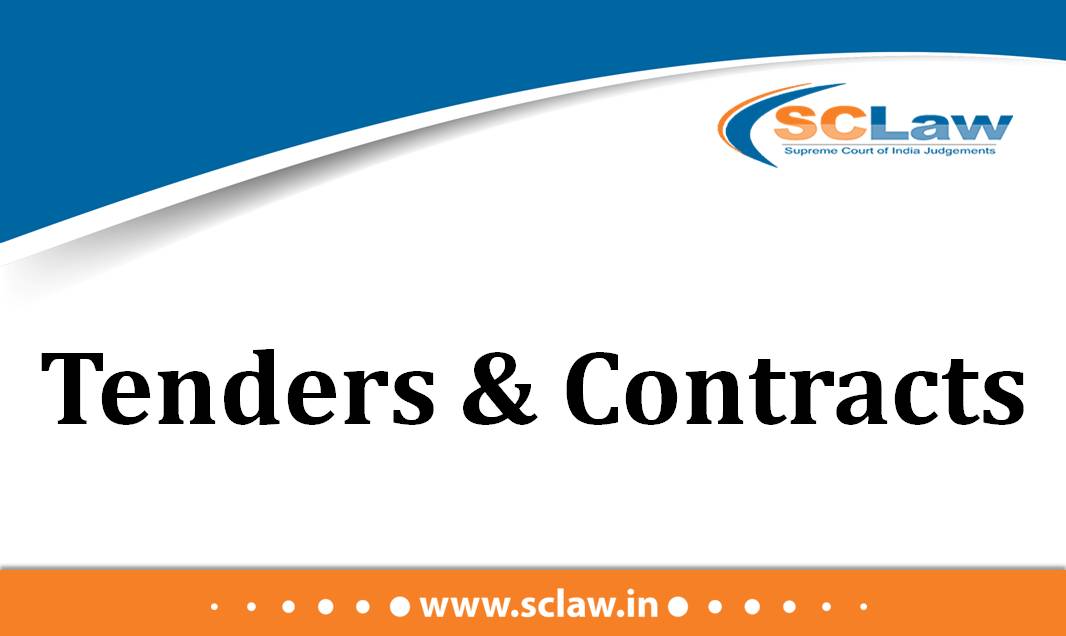Tender and Contract — Eligibility Criteria — Interpretation of “prime contractor” and “in the same name and style” — Requirement of work experience — Where an NIT’s pre-qualification document requires “each prime contractor in the same name and style (tenderer)” to have completed previous work, and the term “prime contractor” is undefined, its meaning must be derived from common parlance as the tenderer primarily responsible for the contract offer; however, the requirement must be construed from the standpoint of a prudent businessman, considering the credentials and capacity to execute the work, not merely the name. (Paras 17, 20, 21.3)
2025 INSC 1456 SUPREME COURT OF INDIA DIVISION BENCH M/S. SURGUJA BRICKS INDUSTRIES COMPANY Vs. STATE OF CHHATTISGARH AND OTHERS ( Before : Manoj Misra and Ujjal Bhuyan, JJ. )…


